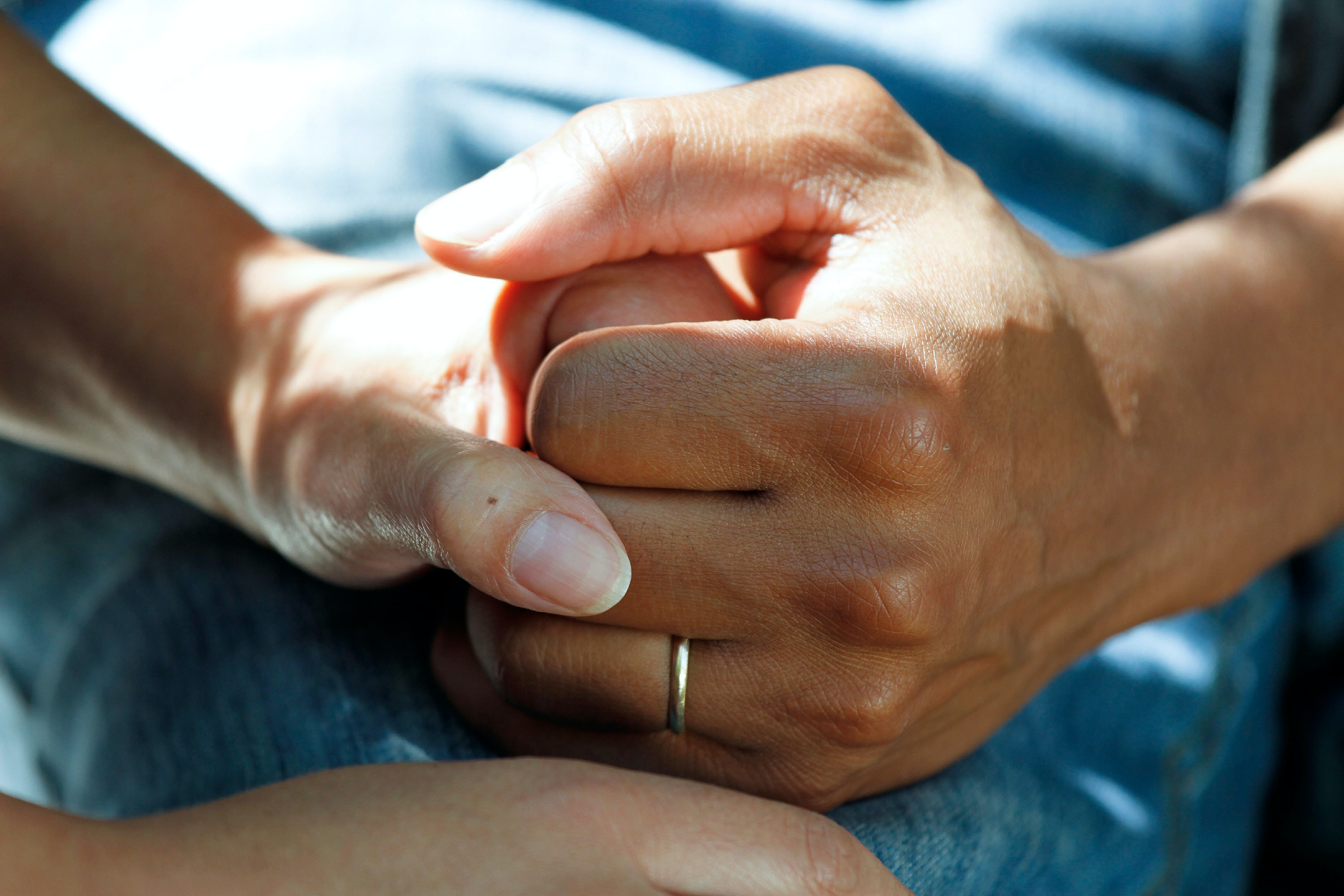How do migrant nursing home staff relate to religion in their work with patients who are approaching death?

A larger proportion of health care workers in Norway today have a migrant background. In 2017, more than 17% of the work force in Norwegian nursing homes were migrants, whereas the majority of the patients were still ethnic Norwegian.
Nevertheless, little is known about how the influx of migrant labor into Norwegian nursing homes has affected care practices. Through individual in-depth interviews with 16 employees with an immigrant background from five nursing homes in Norway, researchers associated with Professional relations at UiS have investigated the importance of religion in their encounter with dying and death in Norwegian nursing homes.
Of all persons who die in Norway, 51% die in a nursing home. Health care workers in nursing homes are thus continuously confronted with death at work. Findings show that religion held various meanings for the migrant health care workers interviewed. Religious and cultural competence and knowledge of migrant nursing home staff was not discussed in the workplace. The way participants related to religion at work was therefore based on individual preferences and internalized practices.
The research highlights the need for organized reflection groups among staff in order to integrate and develop religious literacy in the multicultural nursing home setting. Such reflection groups can help the individual staff member to perform holistic nursing, that is, to be attentive of the interconnectedness of biological, social, psychosocial, and spiritual aspects in a human being.
Read full text article:
Lavik, Marta H., ., Gripsrud, B.H. & Ramvi, E. How Do Migrant Nursing Home Staff Relate to Religion in Their Work With Patients Who Are Approaching Death? Journal of Holistic Nursing, 2020